The Purpose and Various Uses of Domestic Bolts
Created at : Aug 14, 2025
Bolts are one of the most fundamental components in mechanical, structural, and industrial applications. Among them, domestic bolts hold a unique position due to their local manufacturing, adherence to national standards, and widespread availability. These fasteners are essential for a wide range of industries, from heavy construction to home furniture assembly. Understanding the purpose, manufacturing, and applications of domestic bolts helps appreciate their significance in both everyday life and industrial operations.
What Are Domestic Bolts?
Domestic bolts are mechanical fasteners manufactured and sold within a particular country. Unlike imported bolts, domestic bolts are produced according to local standards, ensuring compatibility with locally designed machinery, infrastructure, and safety codes. They come in various materials, sizes, and grades to meet specific requirements, whether for high-tensile applications in construction or lightweight fastening for household furniture.
A bolt typically consists of a head at one end and a threaded shaft at the other. It is designed to fasten two or more components together, usually in conjunction with a nut or a tapped hole. Domestic bolts are often preferred for projects that require reliable quality, adherence to local regulations, and easy accessibility, making them a staple in many industries.
Manufacturing Process of Domestic Bolts
The production of domestic bolts involves a series of precise mechanical and thermal processes designed to create strong and standardized fasteners. The process begins with raw material selection. Steel rods—whether mild steel, high-tensile steel, or stainless steel—are chosen based on their intended use, environmental conditions, and strength requirements.
Next, the steel rods are cut into blanks, which are unthreaded bolt pieces of the required length. These blanks are then fed into a heading machine, where the bolt head is formed by high-pressure forging. This not only shapes the bolt but also enhances its strength by compacting the metal fibers in the head and shank area.
Threads are usually created by rolling rather than cutting, a process in which the blank is pressed between thread rolling dies. This method maintains the continuity of metal fibers, producing threads that are stronger and more durable than cut threads. For high-tensile bolts, heat treatment is applied to increase hardness and tensile strength. This involves quenching the steel followed by tempering to reduce brittleness.
Finally, the bolts undergo surface finishing, such as zinc plating, galvanizing, or black oxide coating, to improve corrosion resistance and appearance. Rigorous quality control inspections ensure that bolts meet dimensional and mechanical standards before they are packaged and distributed for industrial or commercial use.
Purpose of Domestic Bolts
The primary purpose of domestic bolts is to provide a secure, reliable, and standardized method of fastening components. Unlike nails or adhesives, bolts can be easily removed and reused while maintaining structural integrity. Their ability to handle high loads, resist vibrations, and maintain alignment makes them indispensable in both industrial and everyday applications.
Domestic bolts are valued for their strength, durability, and compliance with local standards. These features are crucial in applications where safety and reliability are paramount, such as in construction, automotive manufacturing, or machinery assembly. By producing bolts domestically, industries benefit from consistent quality, cost-effectiveness, and timely availability, which is particularly important for large-scale projects.
Industrial Uses of Domestic Bolts
Domestic bolts are employed in a wide variety of industries. Each industry uses bolts suited to its specific needs, taking advantage of the local production and standardization of domestic bolts.
1. Construction and Civil Engineering
In construction, domestic bolts are critical for joining structural components securely. They are used in:
- Steel frameworks for buildings and bridges
- Scaffolding and temporary supports
- Connection of beams, plates, and other structural elements
By meeting national safety and engineering standards, domestic bolts ensure the structural integrity of buildings and infrastructure, making them essential for both large-scale and small-scale construction projects.
2. Automotive Industry
Bolts are indispensable in automotive manufacturing, where strength and precision are critical. Domestic bolts are used to assemble:
- Engines and transmission components
- Chassis and suspension systems
- Body panels and wheels
The local production of bolts ensures that vehicle manufacturers have easy access to reliable fasteners, reducing delays and maintaining safety standards.
3. Manufacturing and Industrial Machinery
Heavy machinery and industrial equipment rely on bolts to withstand mechanical stress, vibration, and wear. Domestic bolts are used in:
- Pumps, compressors, and turbines
- Conveyor systems and presses
- Mounting machinery to floors or frames
High-tensile domestic bolts provide the durability required to secure machinery in demanding environments, reducing downtime and maintenance costs.
4. Electrical and Electronics Industry
In electrical installations, domestic bolts are used to mount:
- Switchgear and control panels
- Electrical enclosures
- Industrial machinery with electrical components
Their use ensures safe, stable, and standardized installation, which is critical for both industrial safety and operational reliability.
5. Oil, Gas, and Energy Sectors
The oil, gas, and energy industries require high-strength bolts for pipelines, structural supports, and machinery. Domestic bolts are used in:
- Oil rigs and refineries
- Power plants and renewable energy installations (wind turbines, solar panels)
Local production ensures that these critical components meet tough standards for strength and corrosion resistance, crucial in harsh environmental conditions.
6. Aerospace and Defense
Certain domestic bolts meet specialized standards for aerospace and defense applications, including military vehicles and aircraft components. These bolts must withstand extreme stress, vibration, and temperature variations while maintaining strict tolerances.
7. Household and Furniture Applications
Smaller domestic bolts are widely used in everyday life, including:
- Assembling furniture such as tables, chairs, and beds
- Fixing cabinets, shelves, and doors
- Securing home appliances
In these applications, domestic bolts provide convenient, reliable fastening that can be installed and removed with standard tools.
Advantages of Domestic Bolts
Domestic bolts offer several advantages over imported alternatives:
- Standard Compliance: Manufactured according to local regulations and engineering standards.
- Predictable Quality: Quality control is often stricter due to local monitoring and certification.
- Cost-Effective: Lower shipping and import duties reduce overall costs.
- Availability: Easily sourced from local suppliers, ensuring faster lead times and easier replacements.
- Material Suitability: Made with metals optimized for local environmental conditions.
These advantages make domestic bolts the preferred choice for most industries, ensuring reliable performance, safety, and cost efficiency.
Conclusion
Domestic bolts play an essential role in virtually every industry that requires fastening solutions, from construction and automotive to machinery, energy, and household applications. Produced locally, they offer strength, reliability, and adherence to national standards, making them a critical component in both everyday life and industrial operations. Their manufacturing process—ranging from cutting and heading to thread rolling, heat treatment, and surface finishing—ensures that bolts are strong, durable, and capable of withstanding high stress.
The versatility and importance of domestic bolts cannot be overstated. They provide a secure, reusable fastening solution that meets both high-performance and safety requirements. Whether securing a bridge’s steel beams, assembling an automobile engine, or holding together a simple piece of furniture, domestic bolts are a cornerstone of modern engineering and manufacturing.
By choosing domestic bolts, industries and consumers alike benefit from consistent quality, timely availability, and compliance with local standards, underscoring their enduring relevance in a wide range of applications.
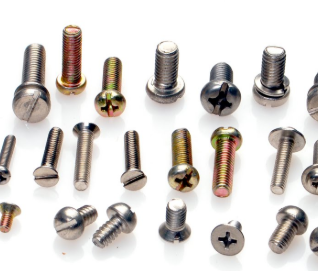 SCREWS
SCREWS
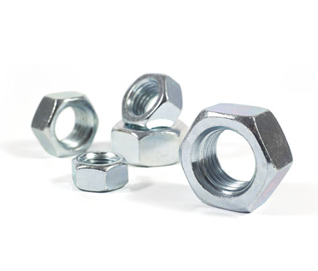 NUTS
NUTS
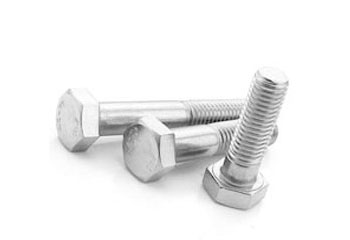 BOLTS
BOLTS
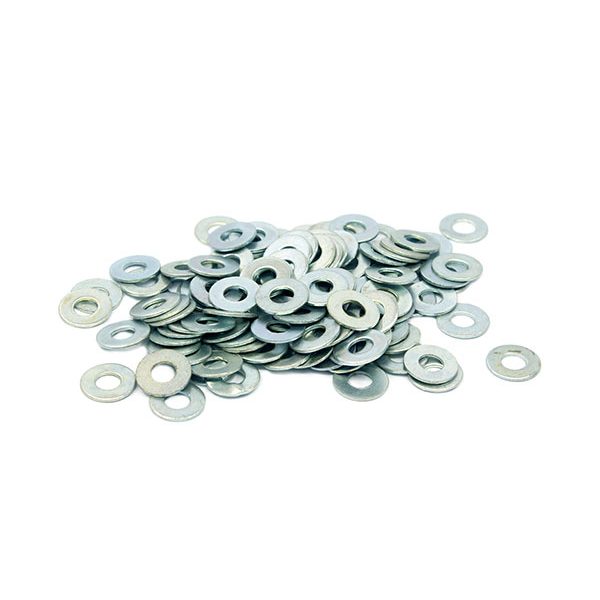 WASHERS
WASHERS
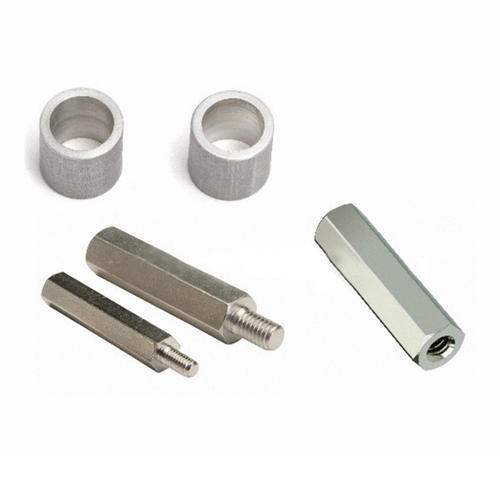 SPACERS & STANDOFFS
SPACERS & STANDOFFS
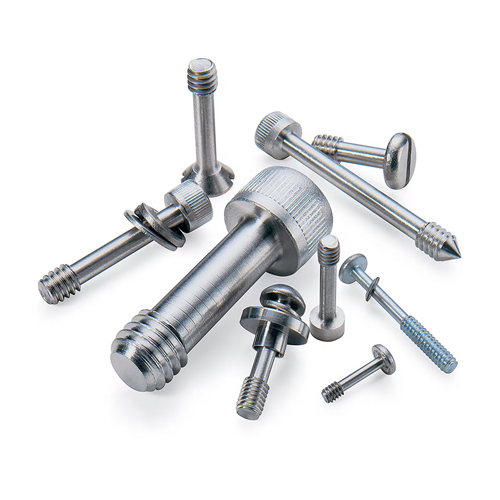 PRECISION/CUSTOM PARTS
PRECISION/CUSTOM PARTS
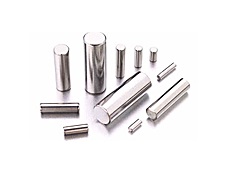 PINS
PINS
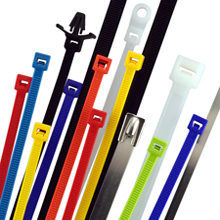 WIRE HANDLING
WIRE HANDLING
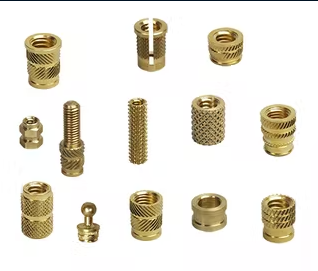 INSERTS
INSERTS
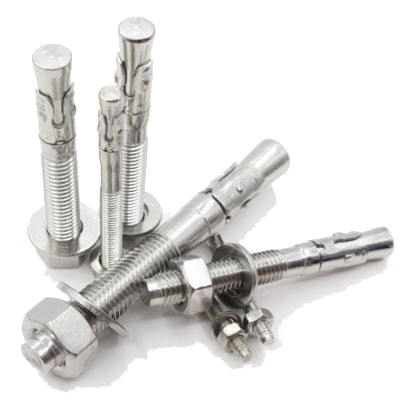 ANCHORS
ANCHORS
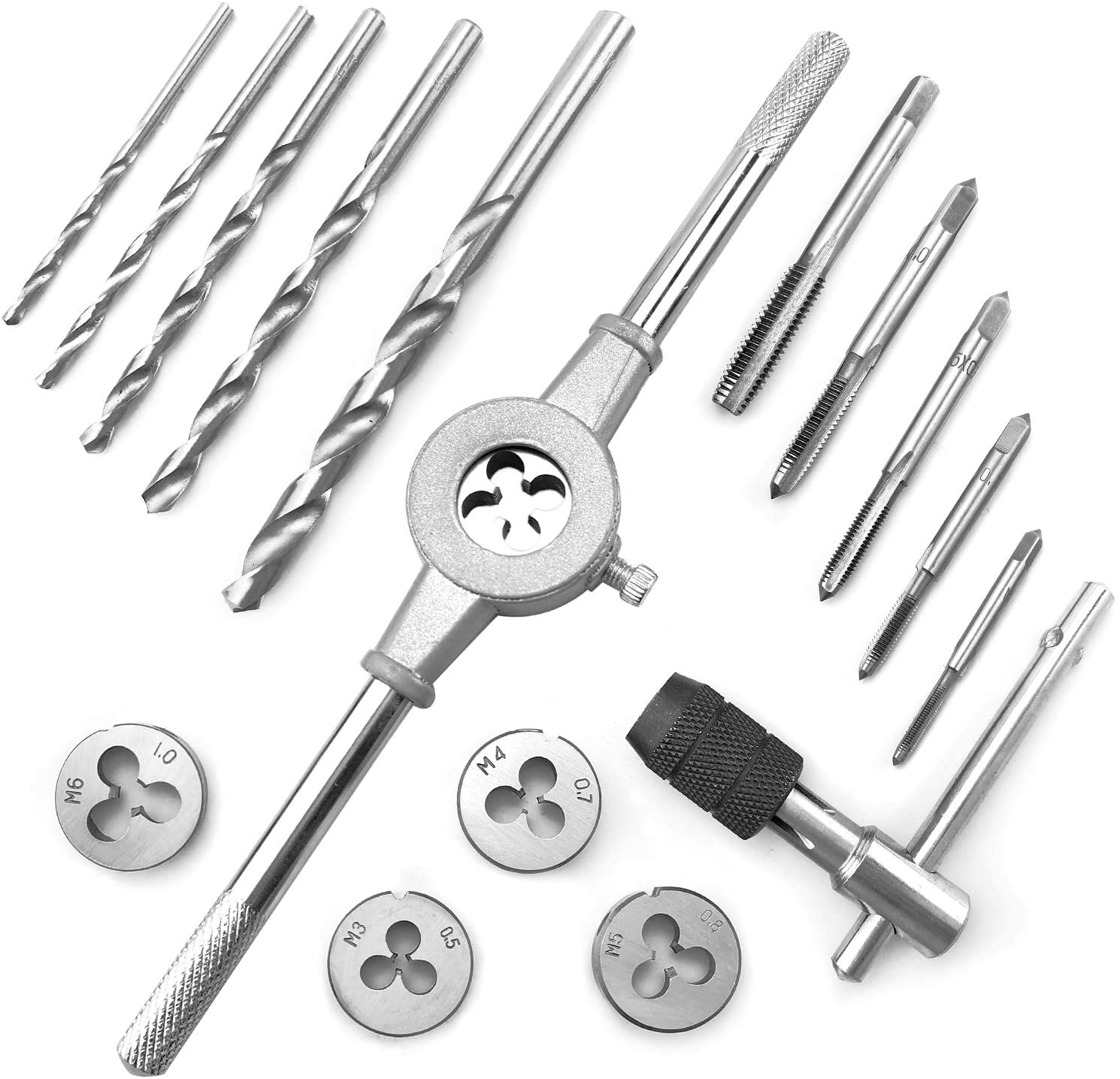 DRILL BITS, TAPS, & DIES
DRILL BITS, TAPS, & DIES
 ABRASIVES & SAWBLADES
ABRASIVES & SAWBLADES
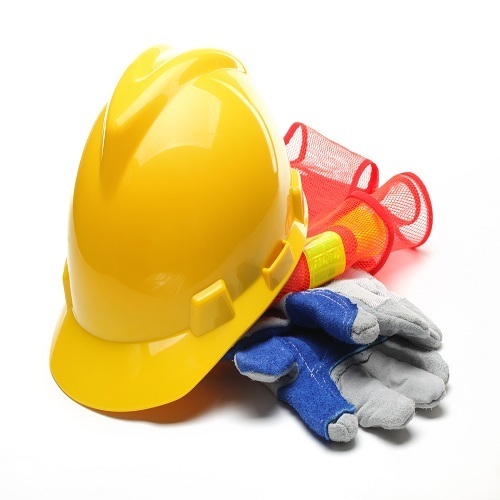 SAFETY EQUIP.
SAFETY EQUIP.
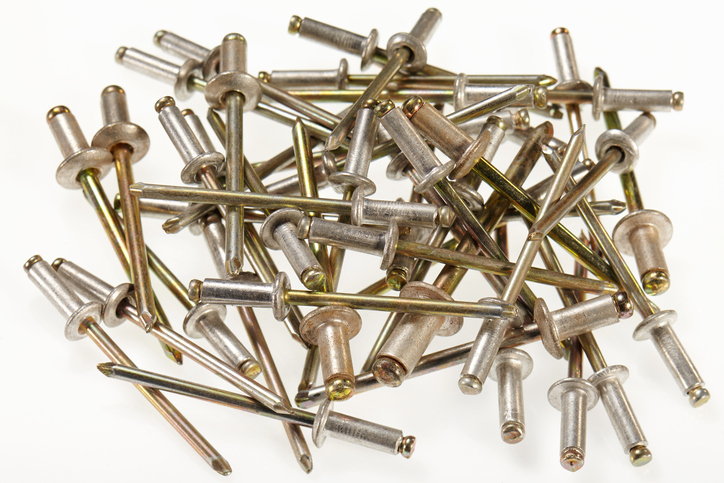 MISC.
MISC.
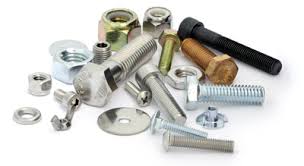 MATERIAL TYPES
MATERIAL TYPES
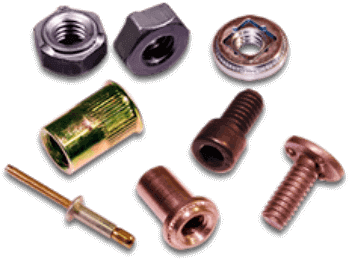 PLATING TYPES
PLATING TYPES